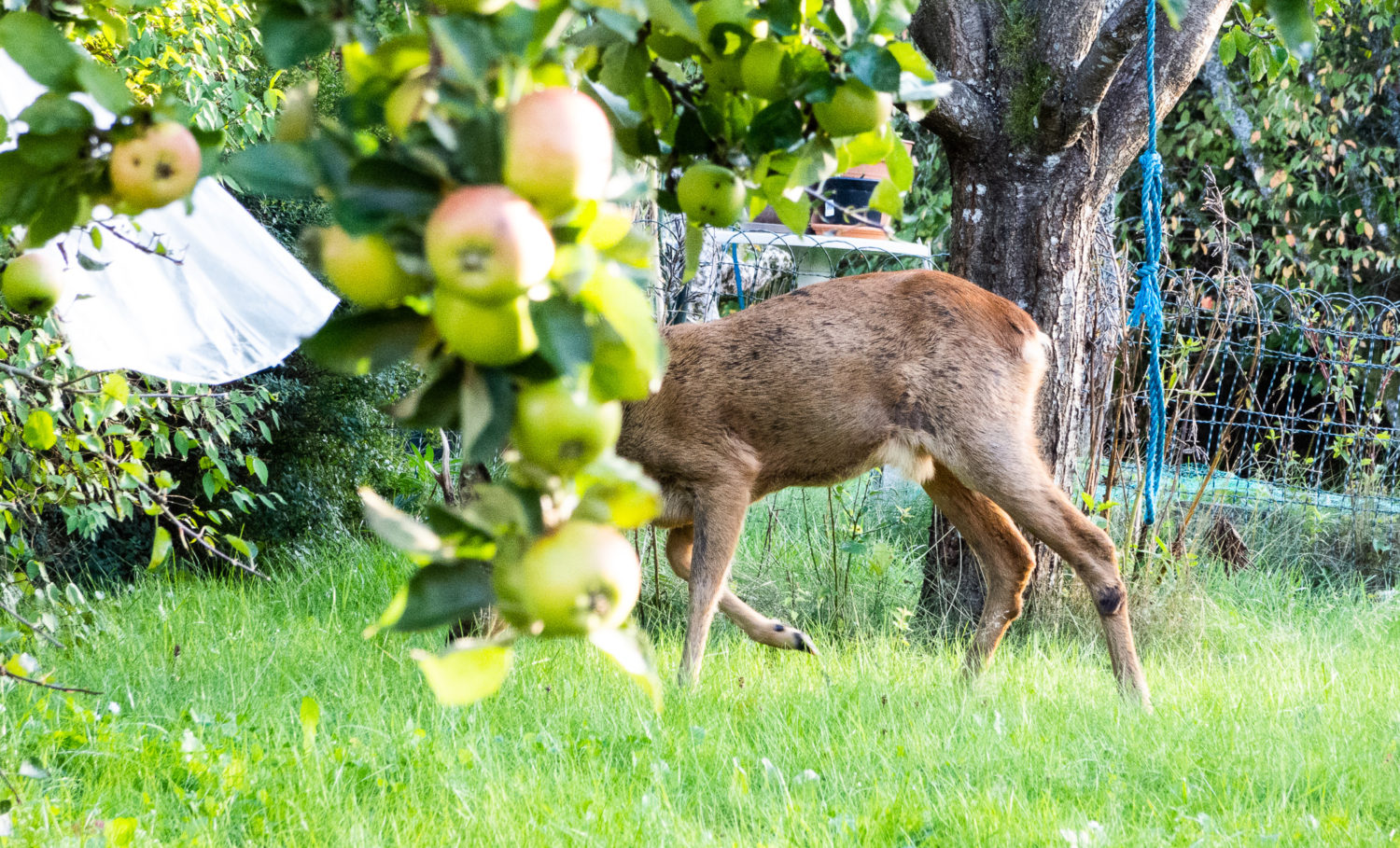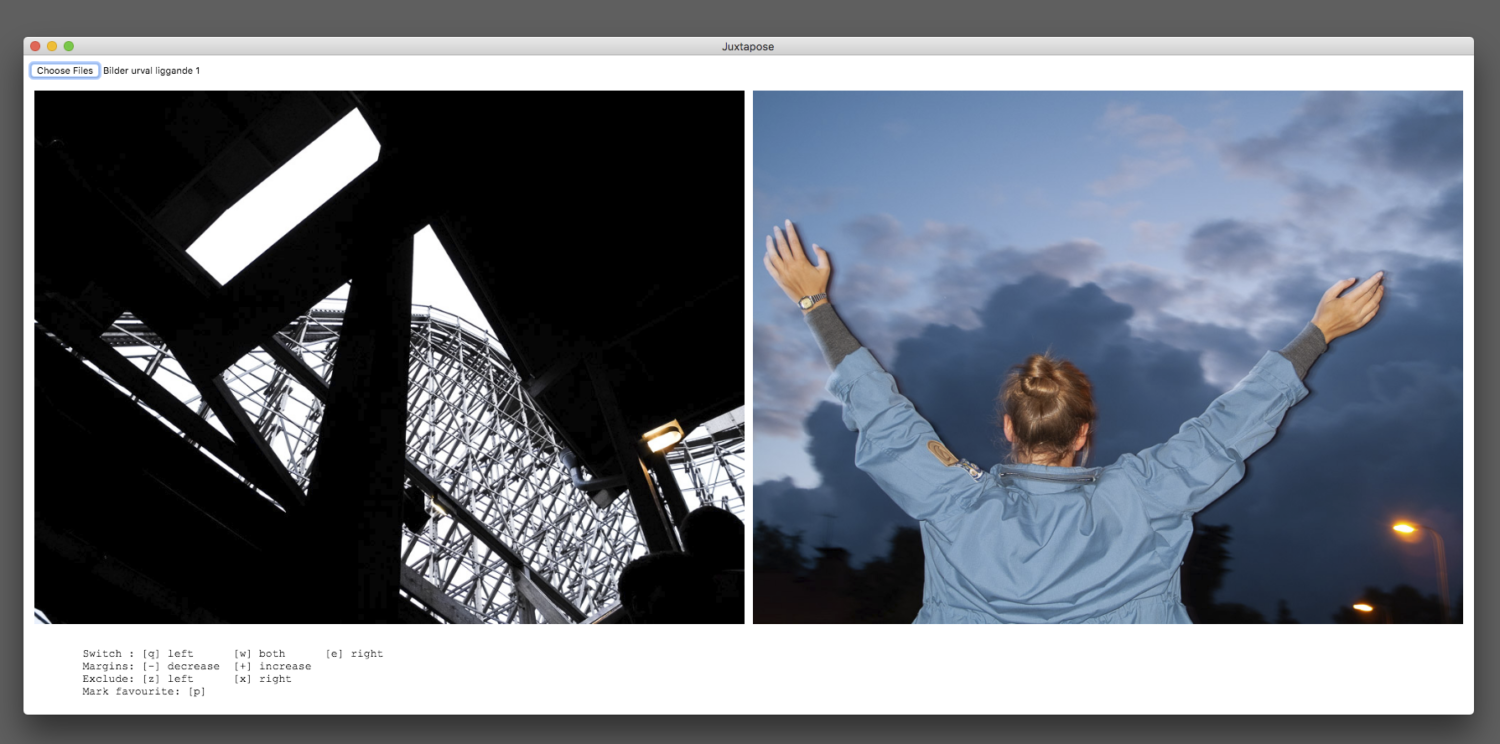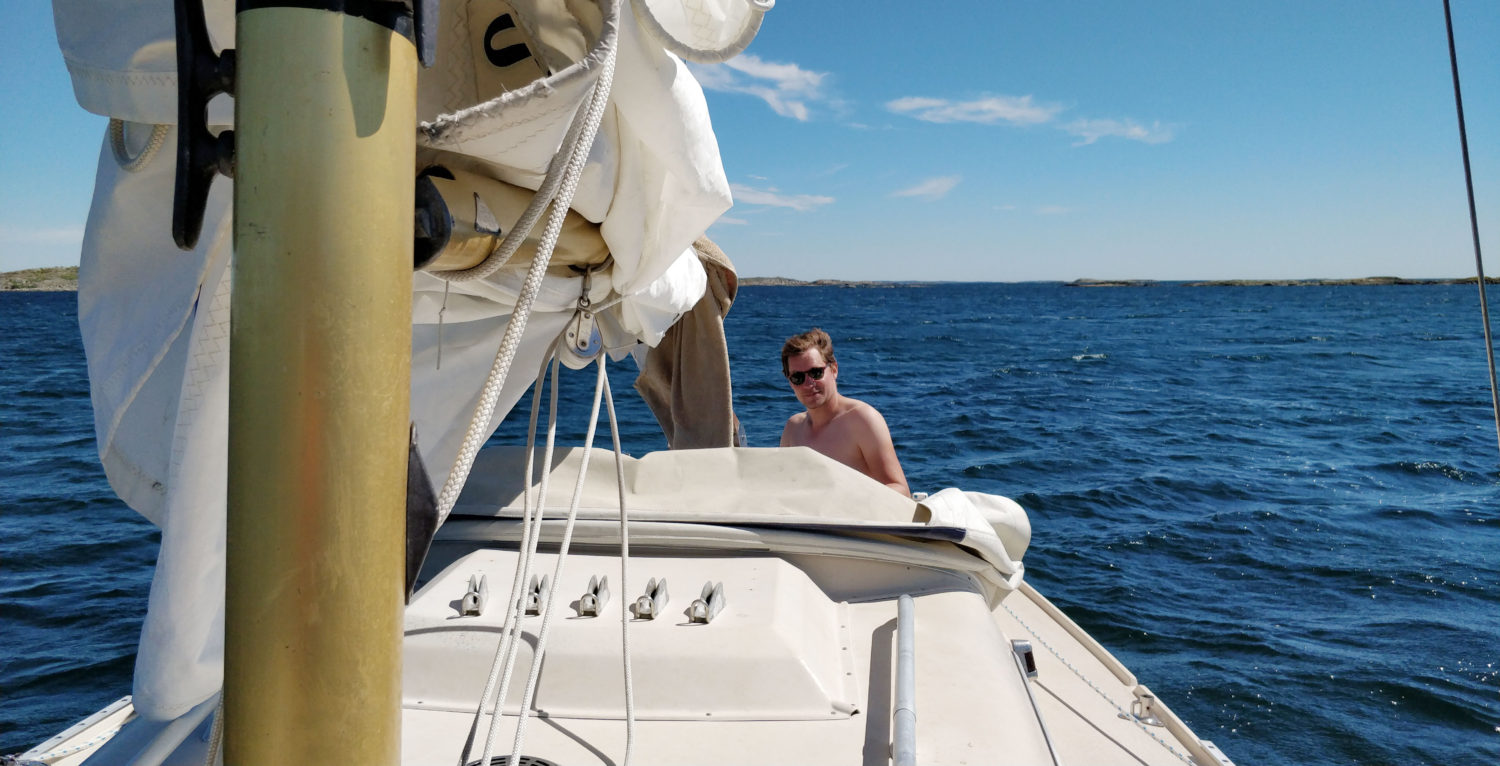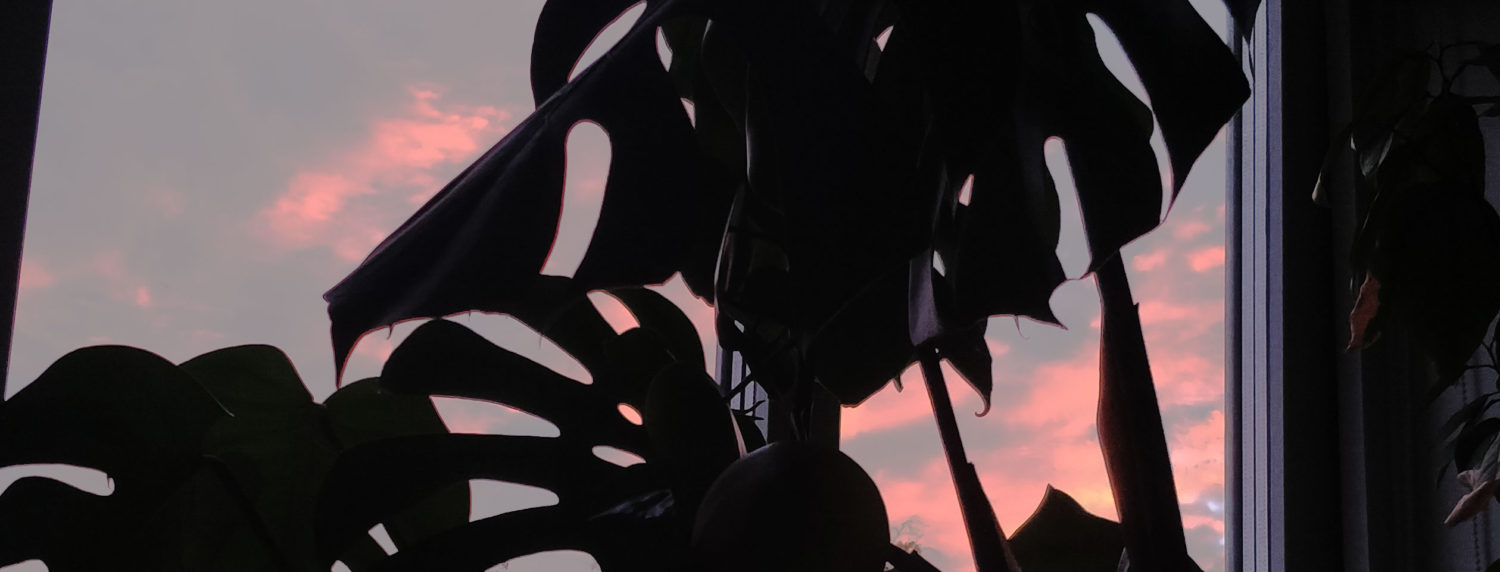Second time in a row, here are the books I’ve read this year in more or less chronological order per category. This time around I’m trying to give a short description as well! One drawback of listening to audiobooks – for purposed of reviewing anyway – is that there’s no easy way to capture quotes. I find myself walking to work, hearing something witty and thinking “oh, that was pithy, I ought to quote it somewhere” but then I’m always left scrounging Goodreads for whatever it was I found so memorable.

Print
Rafael Alvarez, David Simon: The Wire – Truth Be Told. I and Sara rewatched all five seasons of The Wire (She hadn’t seen the last two) and it’s still a brilliant series. The book didn’t add that much and some of the essays where a bit long-winded or read like someone just wanted to get it off their chest, but the background to some actors and the making-of was interesting. I could have done without the episode recaps since they often didn’t focus on the pieces I was interested in and, well, I’d just seen the episode…
Isabel Fonseca: Begrav mig stående [Bury me standing]. I bought the book when first Sweden saw an influx of Roma beggars a couple of years ago. It’s a well written and heavily annotated story of Isabels journeys through Europe, piecing together the history of a largely ahistorical people. Full of personal observations from meetings with Gypsy families and community activists, it reads in parts as a parody of the prejudices one hears, but is at the same time a scathing story of oppression past and current.
Victor Papanek: Design for Human Scale. At less than 200 pages it’s a slim volume, but it’s a joy to read. Besides being chock full of quotable phrases – …the global village is in danger of becoming a global slum. – the takeaway is that “design” is an inherent human pattern-finding trait which shouldn’t be detached from a world of limited resources and social context. Or as he puts it: Design is to technology what ecology is to biology. I’m already looking forwards to reading this again in a few years time.
Syd Field: The definitive guide to screenwriting. Character is action, action is conflict, conflict is story – something along those lines. The book is worth reading for the insight into Hollywood movie production in particular and storytelling in general, and I’ll be sure to revisit Fields advice if I ever get to write a script again. It does leave me unfulfilled though – there’s a sense that he’s trying too hard to shoehorn his analysis of movies into his preconceived notions of form, and the book gives a disjointed sensation of repetition and contradiction.
Vibeke Holst: Som Pesten. Thriller set in the world of WHO and EU during a pandemic. Politics, skullduggery and organized crime – great read. A related read would be the The Coming Plague (Laurie Garrett) which is a bit dated by now but still a fantastic description of the cyclical nature of pandemics and how they’re managed by CDC and others.
 Epub / PDF
Epub / PDF
Peter Watts: Beyond the Rift. Collection of short stories. A bit Ballardian at times, which is a good thing. One of them was read on Starship Sofa a while back if I recall – The Thing rewritten from the aliens perspective.
Patricia McKillip: Alphabet of Thorn. Low key high fantasy. Enjoyable and well written. Coming-of-age and floating magic schools.
Andrew Groen: Empires of Eve. I’ve installed Eve Online a couple of times but haven’t got past the tutorial – just reading about Eve once a year is enough for me. This book chronicles the first couple or years of Eve; the drama and politicking is fantastically rich for an MMORPG.
Daniel H. Wilson: Robocalypse. A re-read, but given that it only took three hours to breeze through it’s time well spent. Not the best writing or character building, but I have a soft spot for epistolary novels since they allow for trying out different scenarios and ideas.
Daniel H. Wilson: Robogenesis. Sequel to Robocalypse, and still entertaining but less so. It builds like a thriller/suspense story, but I never get the sense of urgency. Narrator writes as if it’s in past tense, and it’s set up for yet another sequel. Some of the robot ideas remind me of Ruckers Ware Teralogy, so it’s still worth the few hours it takes to read.
Alastair Reynolds: Slow bullets. Short sci-fi after-the-fall story with some Mcguffins. If it’d been longer I would have quit – reads like a short movie script.
Richard Morgan: Woken furies. Third in the altered carbon series, and mostly a confusing mess of technobabble. It’s a continuation of Gibson and Stephenson, post-cyber & transhumanistic, but maybe I have less patience with this kind of writing these days? Couldn’t keep the characters straight for all the jargon, and didn’t really care about any of them at the end.
Blake Snyder: Save the cat! While writing the script for my and Saras short Learning Experience I read this to get pointers on story development. Even though Snyder writes with the ambition of making it big in Hollywood – Memento is shit cause it did poorly at box office – there are suggestions for tension and storytelling which are worth knowing.
Hans Rosling: Factfulness. A reminder of how important it is to keep a clear head and always look at the larger picture instead of focussing on the misery-driven narrative. My focus tends to be on the negative, so his sentiment that “things are bad but getting better” is a useful hint for taking a step back. The largest omission from the book is the issue of anthropogenic climate change – not that his appeal for a factual world-view isn’t necessary for dealing with it – but occasionally the text read pollyannaish. This isn’t fair to the authors, but since it’s published in a climate of climate talk, it’s odd that the issue is almost omitted – as is the mass extinction of flora and fauna by human hand.
 Audiobooks
Audiobooks
Terry Pratchett: Interesting times. Part of the Rincewind storyline – which seems written for laughs rather than plot or observation. Pratchett always had a levelheaded description of racism, but even with being conscious of that, the orientalism is a bit problematic.
Terry Pratchett: Maskerade. Witches storyline. Agnes Knit joins the opera and there’s a mishmash of phantoms and people dropping like flies from the flies, and “Miserable Les”.
Terry Pratchett: Feet of clay. City Watch storyline – a whodunnit with some class analysis and curmudgeoning. Quote: “Whoever had created humanity had left in a major design flaw. It was its tendency to bend at the knees.”
Terry Pratchett: Hogfather. Death storyline. Religion, belief and the psychopaths that keep the word interesting by killing people.
Terry Pratchett: Jingo. City Watch storyline. Warmongering, racism and nationalism. A bit too punny, but still good in these times of chest-thumping patriots. Quote: “Build a man a fire, and he’ll be warm for a day. Set a man on fire, and he’ll be warm for the rest of his life.”
Terry Pratchett: The last continent. Rincewind saga continues with a story which is two stories, set in not-Australia, overly reliant on wordplay and funny sentences. Not sure what the point is here.
Matt Taibbi: Insane Clown President. A collection of essays from the republican campaign trail of 2016 – previously published in Rolling Stone. Entertaining to listen to, and with hindsight – now halfway into the Trump presidency — it’s a sobering read. Some interesting analysis and self-criticism, and it’s noteworthy how the tone becomes darker and more despondent as the essays progress.
Yuval Harari: Sapiens. A book which not so much bites off too much as tries to swallow humanity whole. Reminds me of Guns, germs and steel by Jared Diamond in it’s scope and ambition. It mostly succeeds – I’d love to have an updated print of the sapiens family tree hanging on the wall – and is widely entertaining, although he by necessity skims over a few things and generalizes with too much liberty at times.
Yanis Varufakis: Adults in the room. The former finance minister of Greece humblebrags himself through six months in office. Fascinating reading nonetheless since it puts names and faces to the mechanisms of austerity and structural adjustment programs IMF and gang routinely force upon societies.
Colin Ward: Anarchism – A Very Short Introduction. A three hour listen which positions anarchist history, ambitions and struggles in the contemporary world. Good overview and a reminder of that another society is possible.
Michael Pollan: Change your mind. After hearing an interview with Pollan on Quirks and Quarks I gave his book a listen. It’s an overview of psychedelics and how they have been used and the resurgence of their study within psychiatry. The descriptions of depression and the hypothesis for how psychedelic experiences can alleviate it rang true with me, so if I wasn’t on an SSRI I’d give it a try.
Terry Pratchett: Carpe Jugulum. On vampires, choice and religious conviction. A well paced story in the witches series. Not sure why he included a phoenix except for bringing the character Hodgesaargh into the story.
Naomi Alderman: The Power Women gain the power to generate electricity and the gender power balance starts to shift. Told 5000 years into the future by a historian, it’s a “through the looking glass” story which has some good world building, although not the most believable characters. A mix of “No men beyond this point” and “Left behind”. Worth a read though!
Emily Croy Barker: The thinking woman’s guide to real magic. A through the magic wardrobe story of Nora who is transported to a parallel world of færie and magic. Barker builds a convincing world, but the stilted characters distract from the already too drawn out story. Mostly written from Noras perspective, and it’s an interesting effect when the author occasionally jumps into the head of one of the other characters – it’s jolting, and I can’t decide on whether I like it or not.
Eric Schlosser: Command and control. A chronological history of nuclear weapons, particularly in the United States, with recurring jumps to an account of the Titan II missile explosion in Damascus. Fascinating stuff, especially all the near misses I’ve never heard about, which might have caused WW3. The chapter on MAD and other cold war strategies is sobering. (followed up by watching The Day After)
Lev Grossman: Codex. Edward the banker gets an odd assignment sorting an aristocratic family’s book collection, ostensibly to find “The Codex.” that’s about as exiting as it gets, and no amount of twists improves on a story where the characters care for stuff without having any reasons to. Even for a book dated to 2004 the computer game described makes little sense, and reads mostly as an attempt to create mystery where there is none. A librarians “DaVincis code”.
Terry Pratchett: The Fifth Elephant. Watch series – about the choices we make and the mechanics of realpolitik. Well paced and some genuine complicated emotions.
Terry Pratchett: The Truth. Getting into “banged corn” territory – there are too many analogues technologies and ideas being thrown in for a laugh. The story of how movable type brings on the news-age to Ankh-Morpork isn’t terribly exciting and whatever points it’s trying to make about the value of Truth clashing with privilege get lost in the hubbub. Some nice characters and commander Sam Vimes is always on point, but the story is a portent of what’s to come in the series.
Terry Pratchett: Thief of Time. Death & Susan series. Even thought the Auditors aren’t the most interesting villains, the gallery of anthropomorphic personifications musing on life is fun enough.
Jon Ronson: The Psychopath Test Audiobook. Ronson gives a rambling account of his search for psychopaths. He weaves scientology, DSM IV and anecdotes together into an image of “sanity” as a permutable state and not a stable characteristic of anyone. He reads the book himself, and his neurotic reading and self-referencing is one of the joys of the audiobook.

Books I’ve given up on, as well as the page I gave up on it and the reasons.
Don Delillo: Underground. [Page 19] I can see that it’s high litterature – it’s well written and has a rich language. It’s just no my kind of language. It’s as if Tom Waits and Warren Ellis had a lovechild – very Americana and wordy. How much space can you afford a hotdog? Burma Shave.
Kim Stanley Robinson: Aurora. [Audiobook – 2 hours in] A coming-of-age story following the sixth generation in a generational ship heading towards Tau Ceti – an interesting setting but there’s only so much exposition I can handle without a having a story to hang it on. Again, a book looking to be a movie, or rather a Netflix series.
Constantin stanislavski: An actor prepares. [p19] I look forward to when I know enough about acting to appreciate this book. It’s well written but goes over my head.
Mike Goodridge: Directing. [p75] A series of interviews with directors – not frightfully interesting, although they should have plenty to tell.
Mark Manson: The Subtle Art of Not Giving a Fuck. [Audiobook – 45 min in] It’s bro-mindfulness and might have something important and/or useful to say but it’s so poorly written — sexism, humblebrag, broisms — that I just gave up. Even listening at 1.5 times normal speed there wasn’t enough content to merit pushing through.
Magazines subscribed to (and occasionally read)
Nature
Filter
Brand
Fria Tidningen (bought up by ETC and now defunct In fall they reappeared under new ownership)
ETC Magasin
Guardian Weekly
DN Fredag-Söndag



 Epub / PDF
Epub / PDF Audiobooks
Audiobooks






